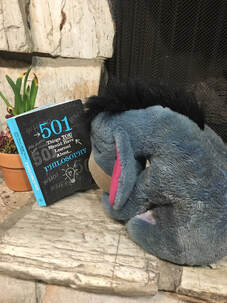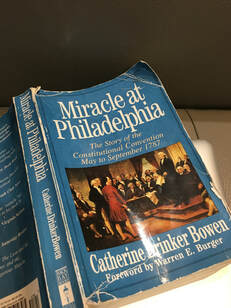
Rene Descartes was a French philosopher, soldier, mathematician, and scientist who lived in the first half of the 17th century (1596-1650). In his Meditations on First Philosophy, Descartes offers a powerful, simple argument to start us back on the path to establishing what we can know. Descartes set about a thought experiment, examining everything he thought he "knew", and imagining whether it was possible that some powerful wizard was simply deceiving him about this knowledge. He determined that there was one fact about which the wizard could not deceive him--the fact of his existence. Descartes reasoned that, even if everything in his experience was simply an illusion, he himself--the entity that was experiencing the illusion--had to exist. Stated another way, the powerful wizard had to be deceiving something with his illusions, and that something had to exist. Descartes summarized his conclusion with the famous statement, "I am thinking, therefore I exist." [1]
There is more we can do with Descarte's first step, but it is a powerful first step, so I will leave our reflection there for today.
[1] Rattle, Allison, and Alex Woolf, 501 Things You Should Have Learned About Philosophy, Metro Books, New York, 2013, p. 54.




 RSS Feed
RSS Feed
